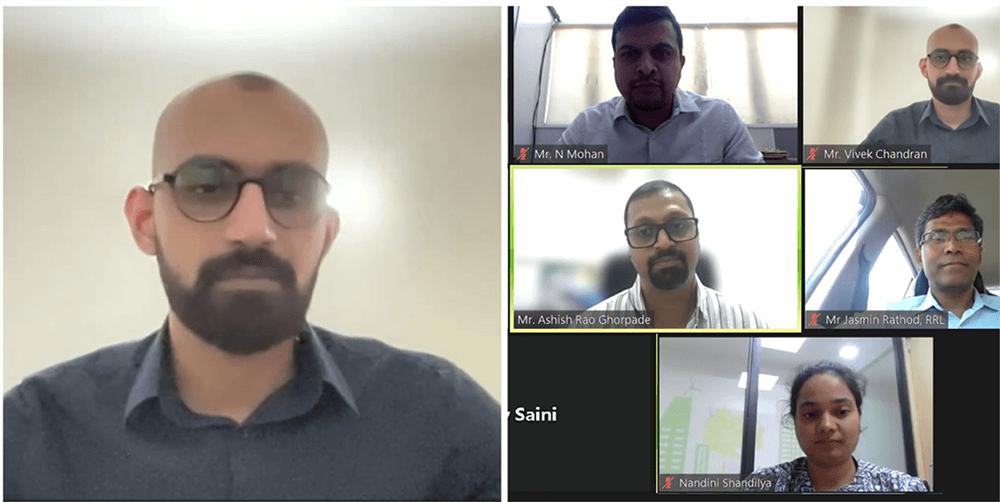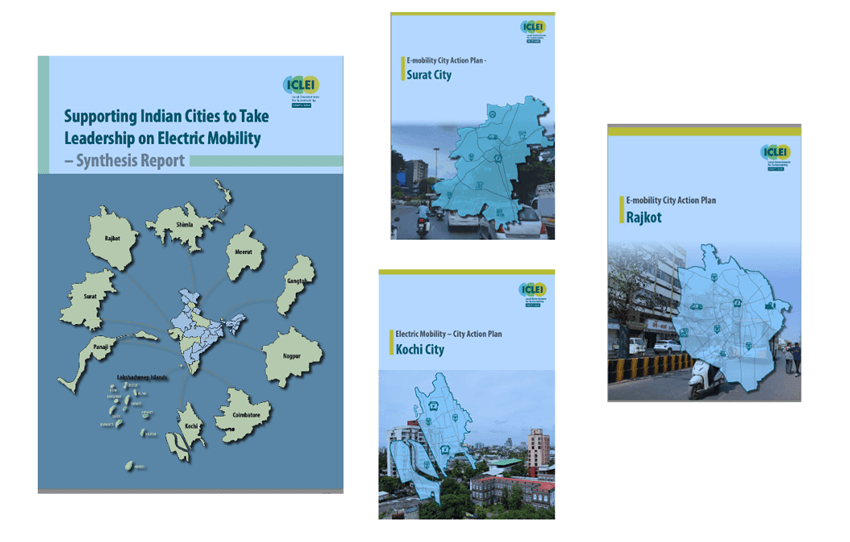Urban areas can benefit immensely from a transition to EVs. The benefits are primarily environmental and health benefits from reduced air and noise pollution, reduced transportation costs, and energy resilience through RE and grid integration. However, most cities are yet to fully understand the benefits, or plan to reap the benefits.
Until now, the central and state governments have been the most active proponents of the EV transformation. They have provided incentives for the purchase of EVs, through cost subsidies such as FAME and state-specific subsidies, exemptions from road tax, registration fees and environmental cesses, along with interest subvention and scrappage incentives in some states.
Cities can also be crucial actors in the acceleration of electric vehicle adoption. They can enable the deployment of public and private charging infrastructure, convert public fleets such as buses to EVs, provide preferential access to zero-emission vehicles, restrict access to polluting vehicles, collaborate and enable transitions of private fleets and many more. For these interventions to be successful, they need to be backed by a long-term vision, awareness and education, supported by planning and coordination between city stakeholders during implementation.

On 10th May 2023, Vivek Chandran, Director Climate Insights Unit (previously lead of Cities and Transport), moderated a panel discussion organised by ICLEI South Asia, to discuss the need for city-level e-mobility action plans and the consideration that could go into their making. He highlighted the unique role of city governments in accelerating the adoption of EVs and hasting the speed at which benefits could be accrued to urban residents.
Mr Ashish Rao Ghorpade, Deputy Director, ICLEI South Asia, presented the efforts of ICLEI to develop e-mobility action plans for Kochi, Rajkot and Surat. He highlighted the need for cities to strategies to set a long-term vision, deliberate, collaborate and engage with stakeholders to prioritise action and use evidence to scale up successful interventions. Dr Rajan Chedambath, Director, C-HED, Kochi Municipal Corporation, shared efforts underway in Kochi. Mr M N Choudhary, Executive Engineer (E/M) GM (Engineering), Surat Municipal Corporation, shared the experience of Surat City, which was the first Indian city to formulate a policy for EV adoption, and is working with a goal of 100% electric public transport by 2025. Mr Jasmin Rathod, Assistant Manager, Rajkot Municipal Corporation, shared that Rajkot plans to replace diesel vehicles in its fleet with EVs and integrate charging infrastructure in new buildings. Mr N Mohan, CEO of the Delhi EV Cell, highlighted the success of the Delhi EV policy in bringing coordinated actions. It has led to an increase in EV registration year on year, which stood at 12% EVs for 2023, and plans to induct 8000 e-buses by 2025 and to electrify municipal fleets.

The event was attended by participants from four countries including Bangladesh, Sri Lanka, Zimbabwe, and India. And included the launch of the Handbook – Planning Approach to Mainstream E-Mobility Adoption in Indian Cities (link to the Handbook).
